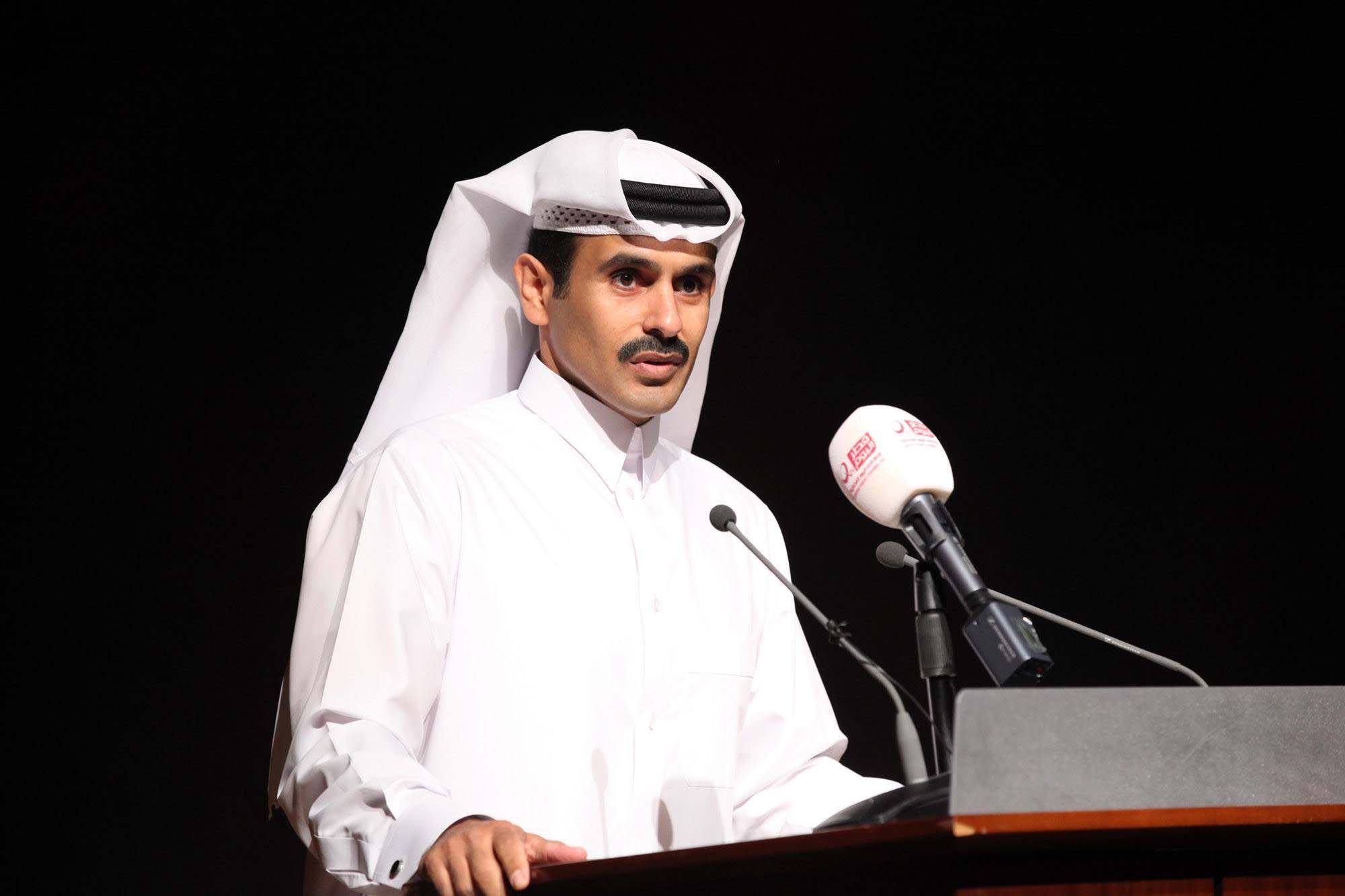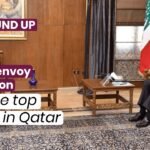
The German chancellor made his way to the Gulf region last month in a bid to secure LNG deals for his country that is looking to abandon Russian energy.
The soaring cost of energy is “weighing painfully” on the world economy and eroding support for the transition to green energy, Qatar’s Energy Minister and CEO of QatarEnergy said.
“Sadly, the growing economic burden has fizzled the euphoria over the series of energy transition plans, causing severe erosion in public support for reducing carbon emissions,” Al Kaabi said at the online LNG Producer-Consumer Conference 2022 being hosted in Tokyo on Thursday.
“Many countries particularly in Europe which had been strong advocates of green energy and carbon-free future have made a sudden and sharp U-turn. Today, coal burning is once again on the rise reaching its highest levels since 2014.”
Hundreds of billions of euros have been invested by governments all over Europe in tax cuts, handouts, and subsidies to combat the greatest energy crisis to hit the continent in decades, which is pushing up inflation, causing businesses to halt output, and raising prices, Reuters reported.
In order to gradually move away from dependence on Russian gas, analysts predict, according to Reuters, that Europe would need to purchase about 200 million tonnes of liquefied natural gas (LNG) over the next ten years.
Germany would require about 40 million tonnes of LNG alone to replace the 50 billion cubic meters (bcm) of pipeline gas it once received from Moscow, making it the largest importer of Russian gas into Europe.
Al Kaabi went on to emphasise the importance of investing in cleaner and renewable energies, including natural gas, to fuel capacity and base load capabilities, which refers to the minimum amount of power needed to be supplied at any given time.
“The lack of such investment is putting a heavy burden on both producers and consumers. Producers must find supplies that may not exist due to the lack of investment,” he said before the conference in Japan.
Echoing the same sentiments earlier in September, head of Saudi oil giant Aramco claimed that the issue was primarily due to continued underinvestment in hydrocarbons at a time when fossil fuel alternatives were still hard to come by.
In a bid to ensure long-term fuel shipments from international gas suppliers, the chief executive of RWE, the largest power producer in Germany, stated earlier this month that Europe needed to spend more in LNG facilities on land, Reuters said.
Late September, the Gulf country’s energy minister said demands to ban hydrocarbons “are not only unrealistic but, as recent months have proven, are harmful to a realistic, accelerated transition,” and the sector needs to better assist people in understanding such concept, Reuters reported.
Al Kaabi said that hydrocarbons “are not going to disappear any time in the near future”, suggesting cleaner hydrocarbon forms were therefore necessary for a responsible transition.
“Natural gas is certainly the cleanest fossil fuel, and a much-needed reliable and economic solution to manage intermittency issues, when the sun is not shining, or when the wind is not blowing,” he added.
‘Aggressive’ approach
In an interview with a Singapore-based outlet filmed during his Asia tour in August, Qatar’s Foreign Minister Sheikh Mohammed bin Abdulrahman Al Thani echoed those thoughts, saying “energy will remain a very relevant, cleaner, and more reliable source for a longer period, because we see that it is the best alternative and the more realistic alternative towards transition”.
“Now is it going to be a total substitute of fuel? It will take over gradually and we have seen this happening in different countries in the world, but we don’t know when is the time where it will be the substitute,” he said.
Speaking on the “energy poverty” colossal that has unravelled in the last few years, the foreign minister said “this was due to a lot of things,” adding that “the policies that have been adopted to transform to green in an aggressive way which sometimes is not realistic.”
In an interview with Sky News in late May, Al Kaabi noted that western powers must take responsibility. Years of pushing for an urgent end to fossil fuel production and calling gas producers the “bad guys” had contributed to the current crisis, he argued.
“There was a build up of countries pushing for the [energy] transition in a hard way. [They pushed for] net-zero, moving to renewables, doing away with fossil fuels and demonising the oil and gas companies, [calling them] the bad guys. And [as a result] you don’t have enough investment in the oil and gas sector,” Al Kaabi said, according to Sky News.







